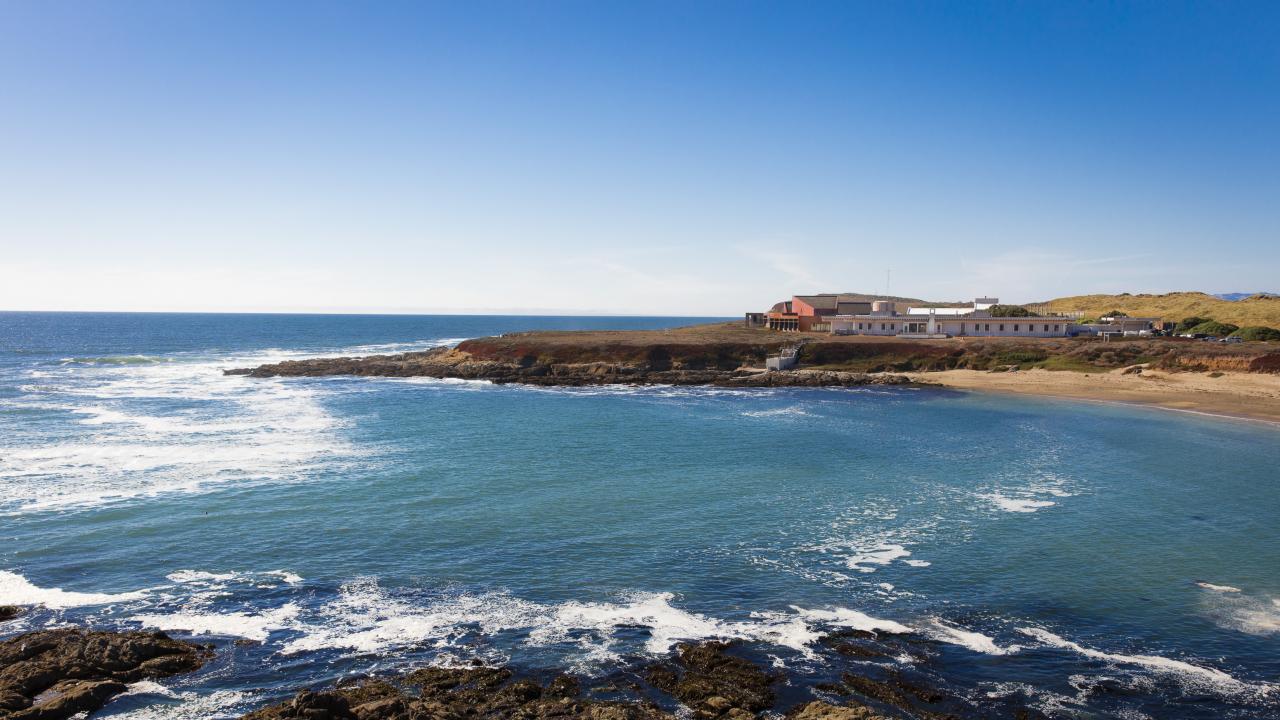
Announcing the ten recipients of the UC Davis Bilinski Fellowship at Bodega Marine Laboratory for 2020-2021
The Coastal and Marine Science Institute is pleased to announce the ten recipients of the UC Davis Bilinski fellowship at Bodega Marine Laboratory for 2020-2021. Russell J. and Dorothy S. Bilinski’s life goal was to be “independent and challenged intellectually.” They strongly valued self-sufficiency, a sense of ambition, and above all, responsibility. Their legacy continues in their nonprofit corporate foundation that provides fellowship funds for post-secondary education for students who have demonstrated and will maintain both the highest academic achievement and good moral character.
Bilinski fellowships are awarded to outstanding doctoral students whose selected projects, based at the UC Davis Bodega Marine Lab, exhibit innovation, collaboration, and are a key component of the student’s final dissertation. The awardees below successfully bridged the natural sciences, social sciences and humanities in their project proposals. As a result, recipients were each awarded $20,000 to assist with tuition, stipend, and research expenses.
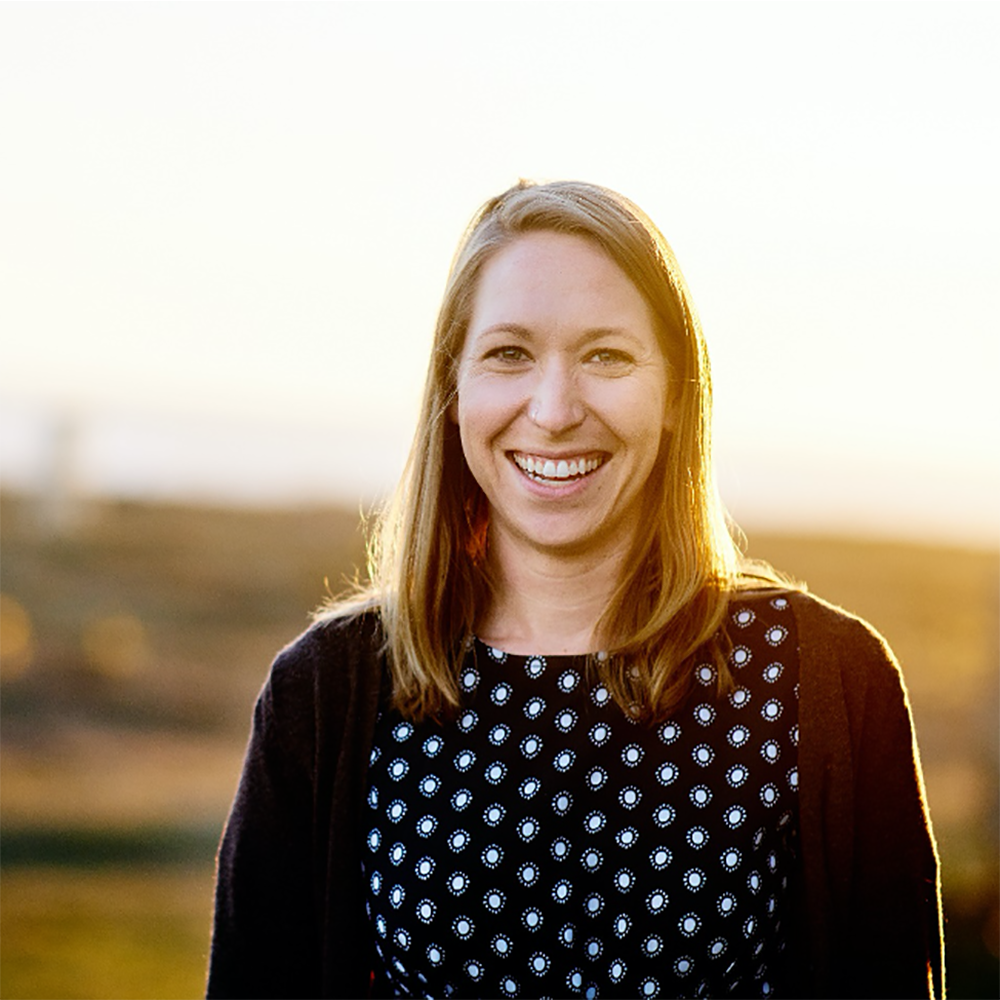
Kristen Elsmore
Kristen Elsmore is using kelp forest restoration to explore mechanisms for persistence of urchin barrens in northern California’s rocky reefs. Kristen will work in collaboration with Reef Check California, Noyo Center for Marine Science, local fishermen, artists, and elementary students to create a 3-D model of an urchin barren which will be on display at the Noyo Center for Marine Science in Ft. Bragg.
Graduate Group in Ecology
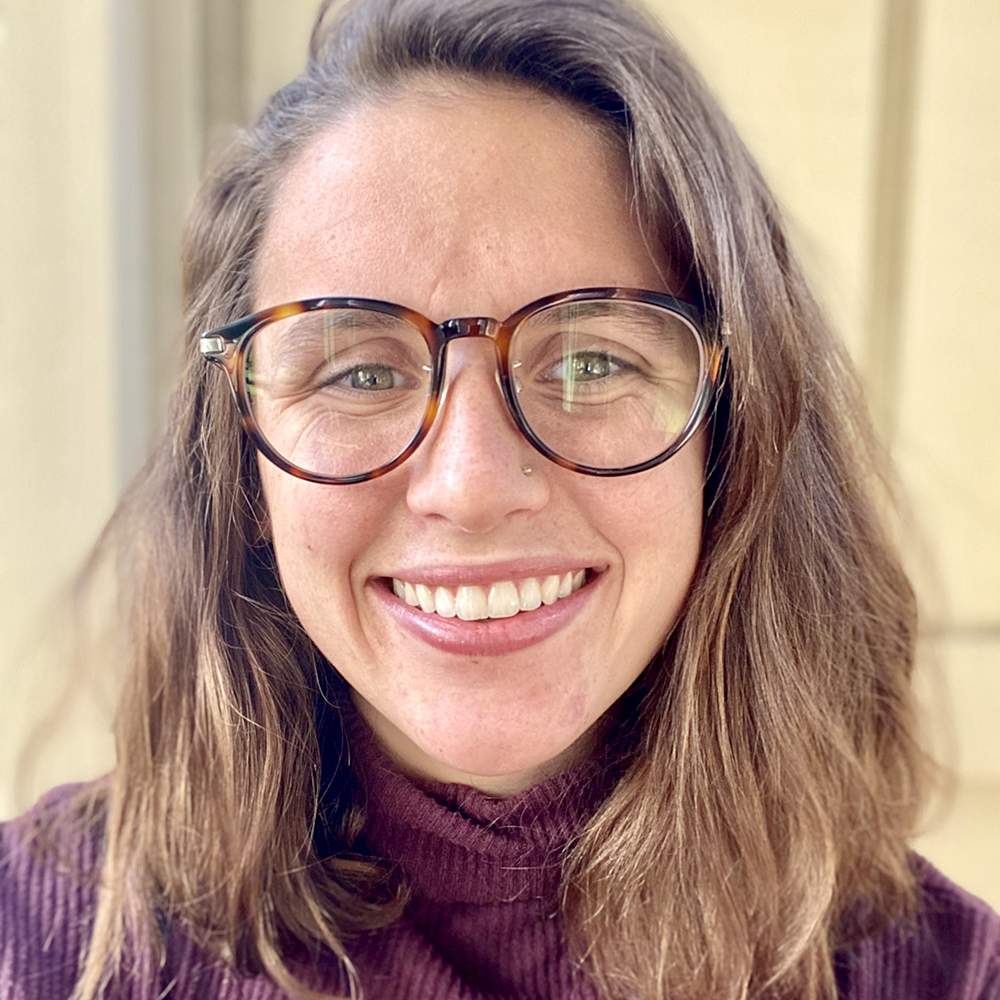
Hannah Kempf
Hannah is interested in how shellfish respond to climate change. At BML, her project will investigate how traditional ecological knowledge can help buffer shellfish against ocean acidification. To do so she will collaborate with Native scholars, and use genomics and shell structure tools.
Graduate Group in Geology
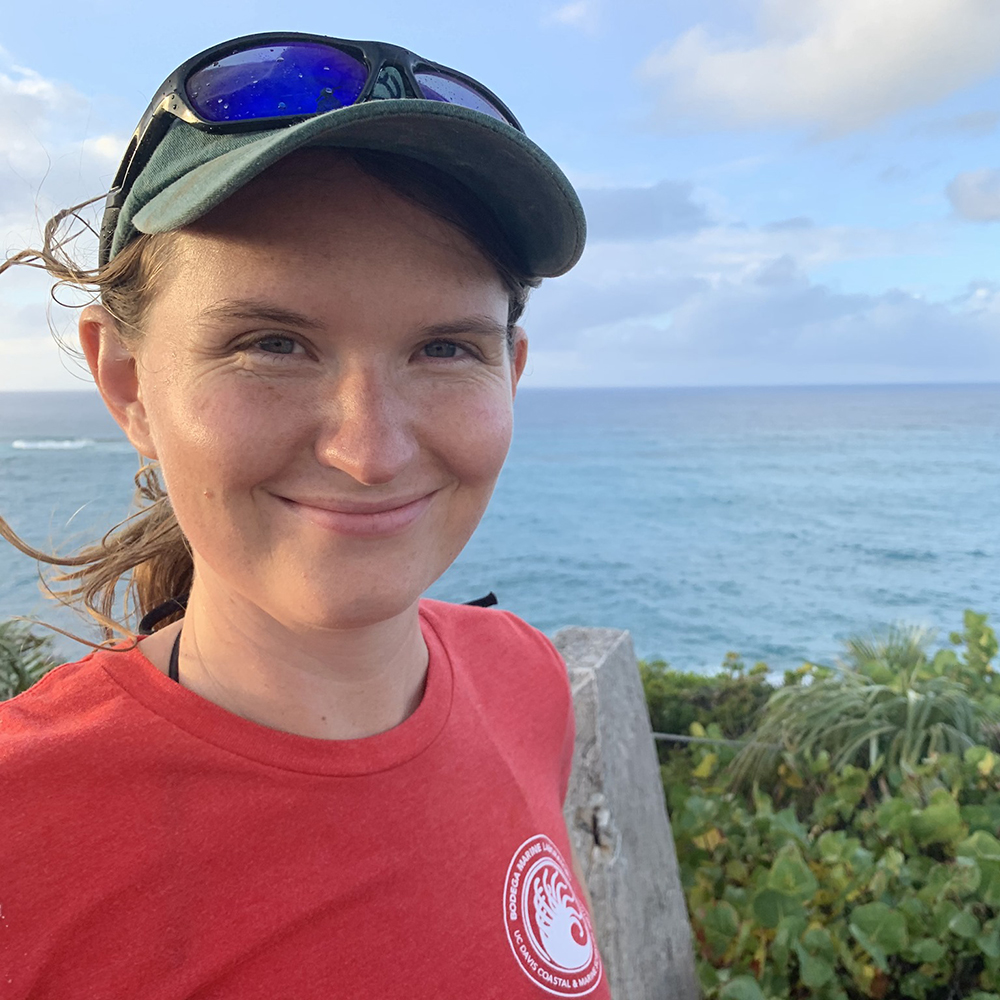
Helen Killeen
Helen Killeen studies how natural and anthropogenic sources of variability in the marine environment impact fisheries. Her doctoral research investigates how variable oceanography and climate change impact trophic relationships and the early life stages of fish. Helen's Bilinski fellowship will support her work to understand how Rockfish larvae move around in the coastal ocean and will fund an interactive public art installation, developed in collaboration with artists from the California College of the Arts, showcasing the mysterious lives of larval fishes.
Graduate Group in Ecology
Angela Korabik
Angela Korabik is studying how climate change and invasive species impact kelp reproduction and community composition. She is developing a course on kelp forest ecology and marine invasive species for recreational divers to take at local dive shops and plans to work with these local divers to remove the invasive kelp Undaria pinnatifida from harbors in Northern California.
Graduate Group in Ecology
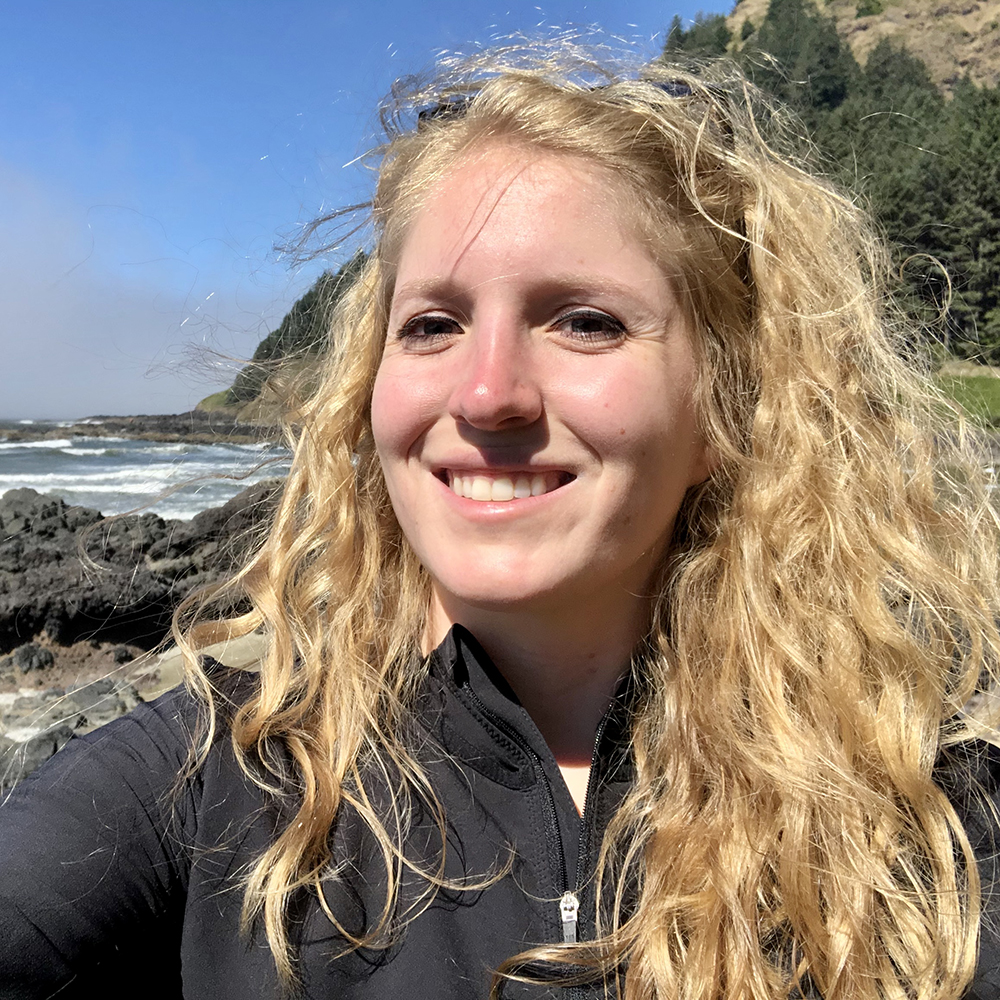
Alison Maas
Alison Maas is studying literary representations of coastal erosion arising from the late nineteenth- and early twentieth-century shift in global shipping and the environmental impact of resultant coastal construction projects. She will develop research on Northern California's current coastal erosion crisis into a seven-part podcast series titled "California's Eroding Coastline."
Graduate Group in English
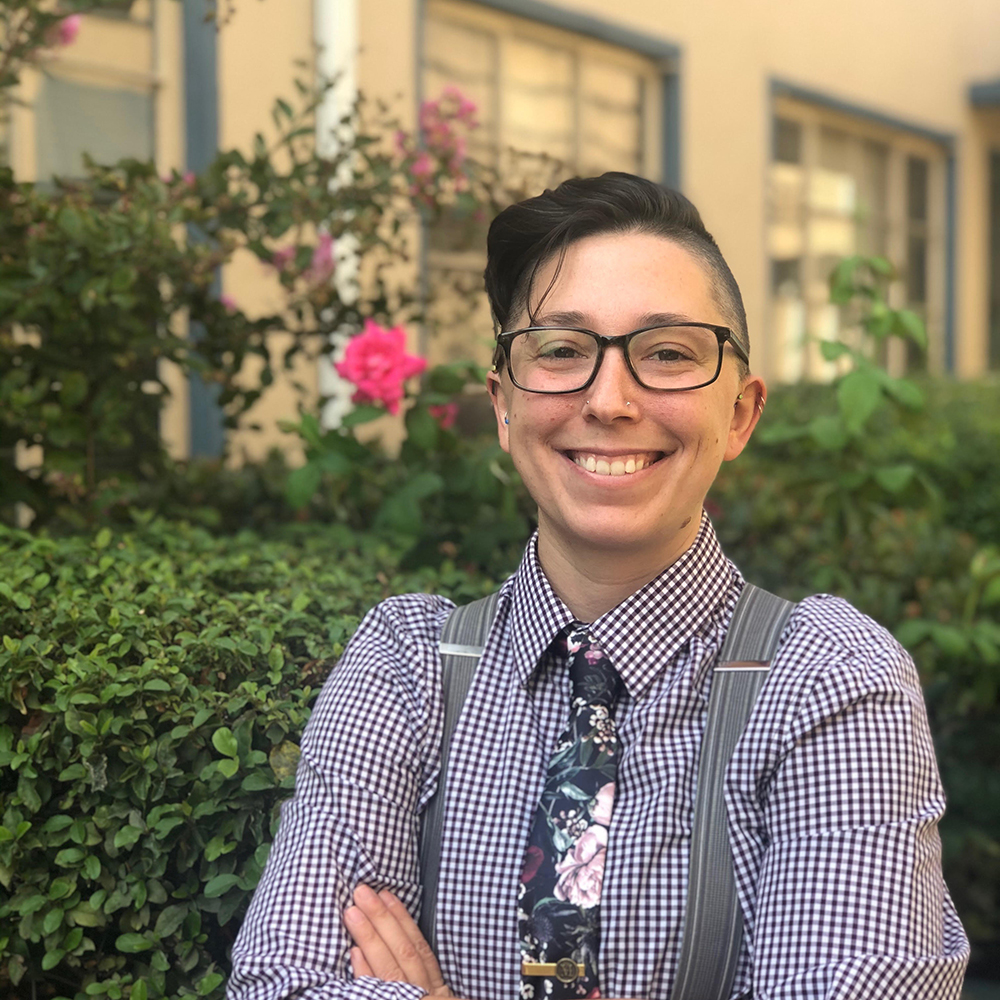
Margaret Miller
Margaret A. Miller is a trans* scholar studying the social histories of wetlands as inextricably linked with the survival of non-normative bodies along lines of race, gender, class, and sexuality. Their project focuses on producing an online, publically accessible mixed-media exhibit of wetland narratives for the Shrem Museum of Art that tell the story of trans-ecologies: the natural entanglement of gender and the environment through discussions of Anthropocenic climate crisis and trans-bodies. As a transdisciplinary project, they hope to showcase what continues to grow, creep, and trespass across the academic boundaries of ecology, literature, and queer studies.
Graduate Group in English
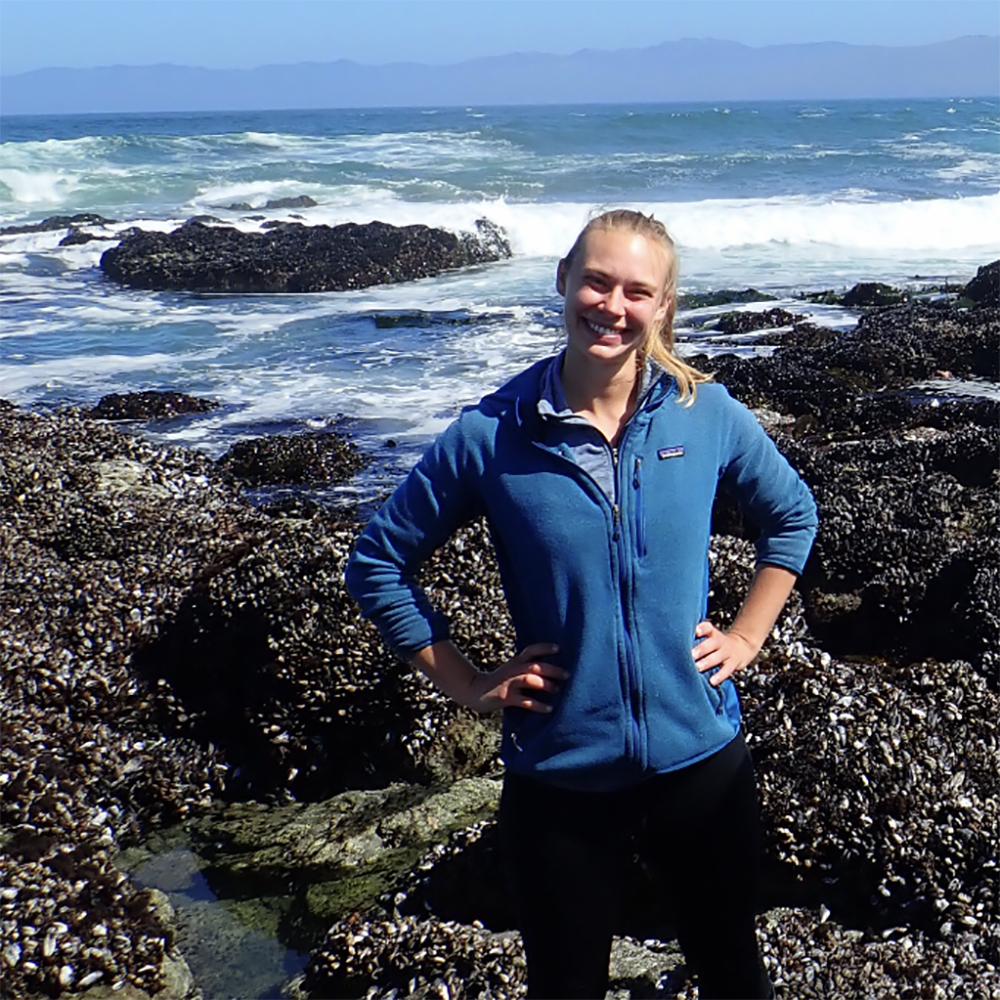
Isabelle Neylan
Isabelle Neylan is studying how organisms respond to changing environmental conditions across generations, specifically the relative contribution of transgenerational plasticity or nongenetic inheritance to patterns of adaptation, using populations of an intertidal snail. She will also lead a series of virtual “field trips” for middle school students around Bodega Bay and the marine reserve with lesson plans that combine natural history and the humanities.
Graduate Group in Population Biology
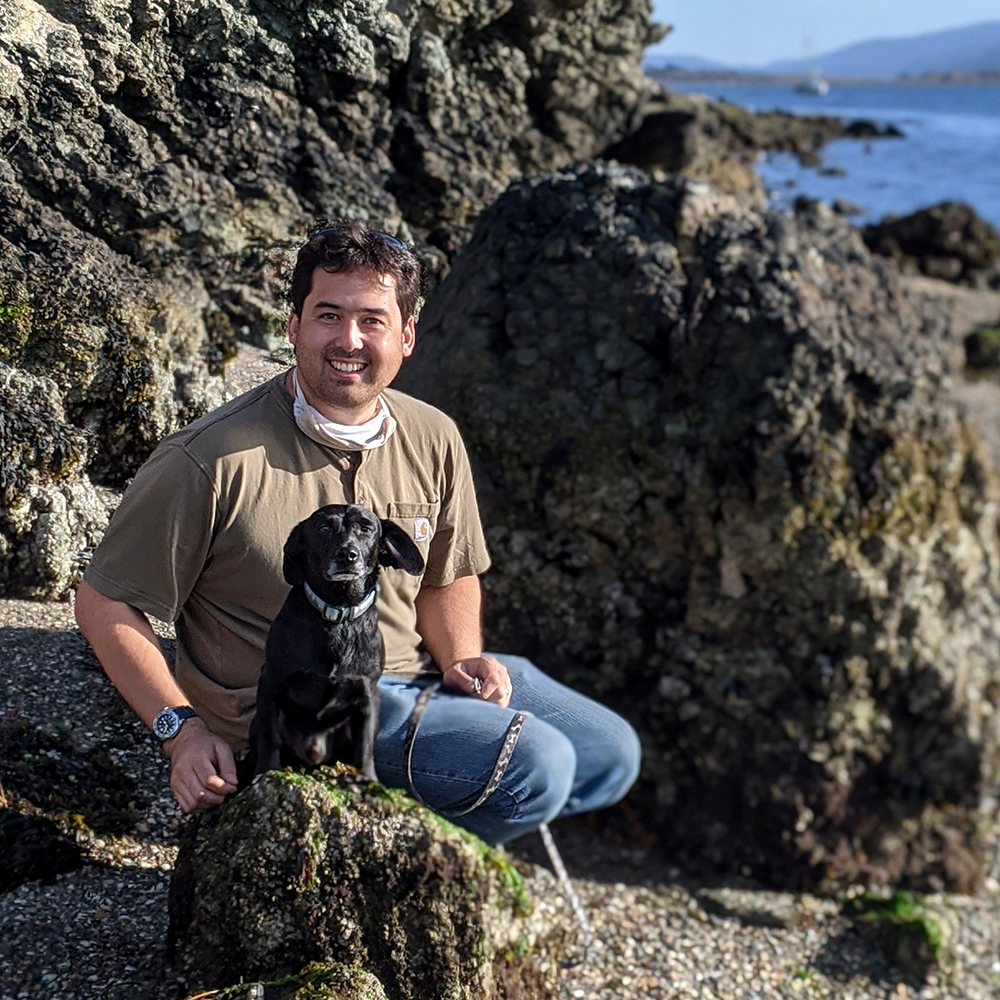
Aaron Ninokawa
Aaron Ninokawa is comparing how marine and freshwater habitat forming species modify the chemistry of their environment and the consequences for associated organisms. He is partnering with an editor at Bay Nature to create an account of the research journey and develop a framework for training in techniques to engage with an audience beyond academia.
Graduate Group in Ecology
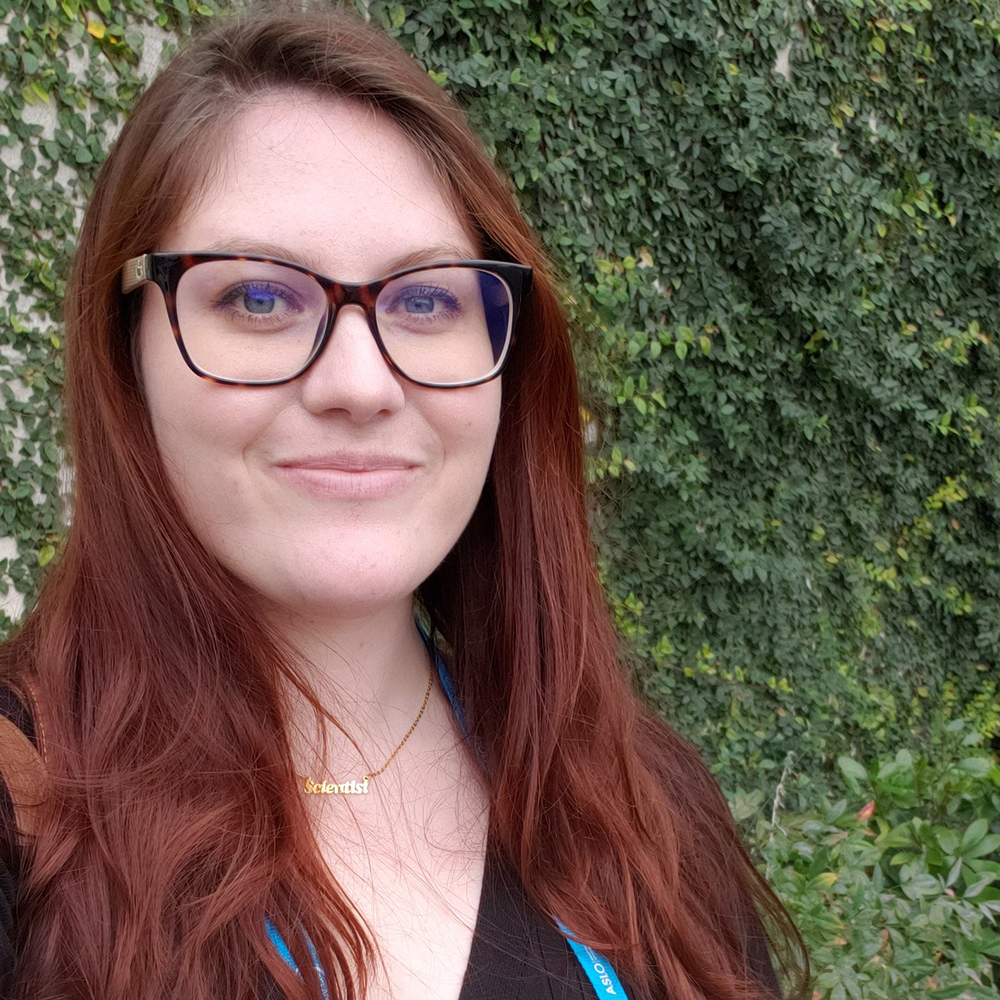
Ashley Smart
Ashley Smart is a marine ecologist interested in climate change, ocean acidification, and animal behavior. Her project focuses on understanding why animal behavior changes when animals are in more acidic ocean conditions and how this is connected to changes in their nervous system. She will meld together her love of the ocean and art to create an art exhibit featuring pieces created by community members and professional artists that will focus on the emotional response to climate change.
Graduate Group in Ecology
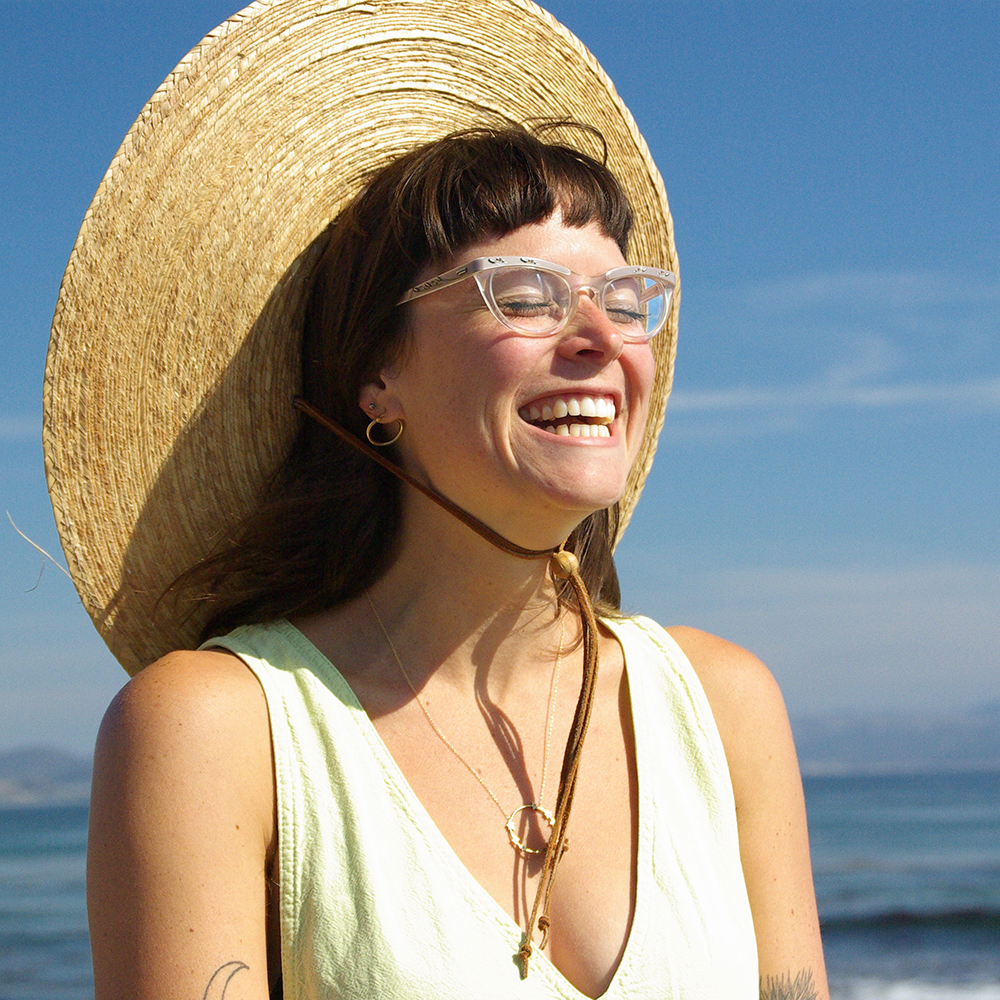
Maya Weeks
Maya Weeks is a settler writer, artist, and geographer studying how patriarchy, capitalism, and colonialism materialize through the oceans and how these systems perform gendered violence via marine pollution. Her work uses a combination of qualitative and artistic research and will result in a book of poetry.
Graduate Group in Geography
